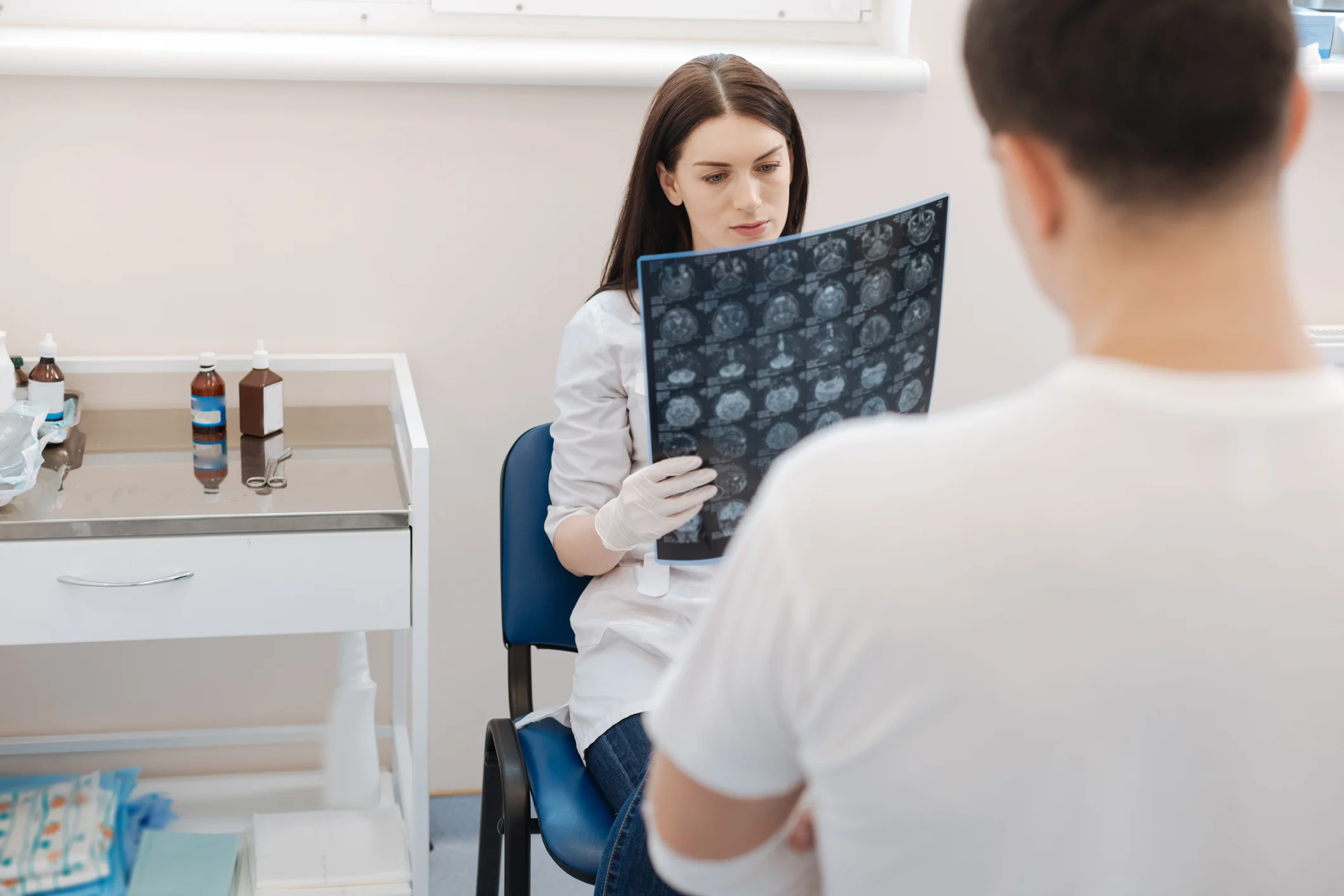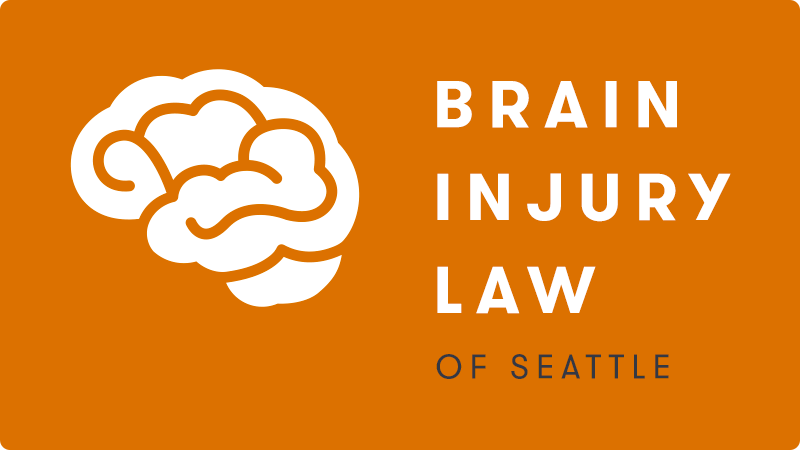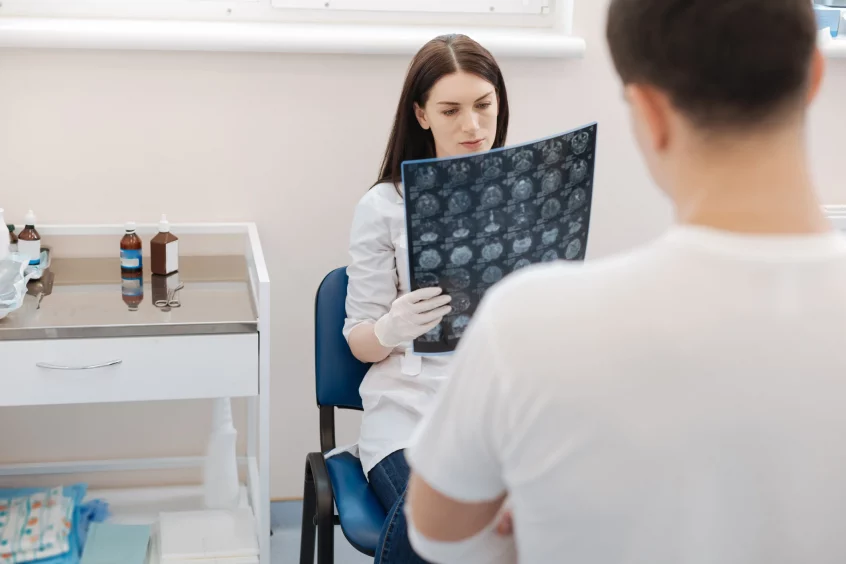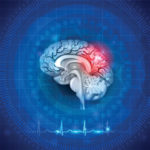There are many ways to treat a concussion. The best option for you depends on the severity of your symptoms of concussion and which type of concussion you have.
Continue reading to learn more about the types of treatment for concussion, but first — if you think you may have a concussion — contact your doctor or go to the hospital for an evaluation.
Delaying medical intervention can result in more severe symptoms and, potentially, brain damage.
If your loved one is met with an accident and is a victim of brain injuries, you must seek the help of a brain injury lawyer to help you with the legal procedures.
Page Contents
Related Articles
CONCUSSIONS SYMPTOMS AND TREATMENT
Treatment for a concussion should always be done under the supervision of a qualified doctor. While many people opt for treating their concussions at home, this is not advised as concussions could be much more serious than their symptoms appear.
Another tricky thing about concussions and traumatic brain injuries is that they can sometimes have delayed concussions symptoms (symptoms that don’t show up immediately).
This is why if you have been involved in an accident where you sustained a blow to the head or neck, you should always visit your doctor to discuss the injury and get a physical exam. Delaying to seek medical help could worsen symptoms, draw out recovery time, and even prove fatal.

Symptoms of a Concussion
While concussions can have a vast array of symptoms, some common symptoms of concussions include:
- Dizziness, light-headedness
- Disorientation, confusion
- Memory issues (difficulty remembering details or forgetfulness)
- Sensitivity to light or noise
- Irregular mood swings (anger, irritability, depression, paranoia)
- Insomnia or sleeping too much
- Nausea, vomiting
- Fatigue and sleepiness
- Blurred vision
- Loss of motor skills
- Headache or migraine
Post Concussion Syndrome Treatment
While there isn’t a defined treatment for concussion per se, your doctor will be able to treat your particular symptoms using medication and pain relievers.
Cognitive therapy may be a useful concussion treatment if your injury has resulted in memory issues and cognitive impairment. This could include rehabilitation, occupational, or speech therapy to help reduce some of the effects of your concussion.
For less severe injuries, your doctor may also recommend meditation and relaxation therapy as a mild concussion treatment.
How Is a Concussion Diagnosed?
While there is no single test for diagnosing a concussion, there are medical tests that may be done in order to determine if someone has suffered a brain injury.
The following tests are all used to diagnose concussions:
- MRI scans. MRI technology utilizes a magnetic field along with radio waves to create multi-dimensional pictures in order to see if there is any bruising or bleeding in the brain.
- CT scans. This type of scan is an X-ray that shows if there is bleeding, swelling, or bruising going on in the brain.
- Neuropsychological test. This is a type of cognition test to reveal if you’re having any cognitive issues that might indicate a concussion.
- Neurodiagnostic test. This type of test involves tracking eye movement to determine whether or not an individual may have suffered a concussion.
HOW TO PREVENT CONCUSSIONS
The best treatment for a concussion is to prevent one from happening in the first place. Here are six things that you can do to minimize your chances of suffering a brain injury:
- Always wear a seatbelt while you’re riding in a car.
- Always wear a helmet when riding a bicycle, motorcycle, scooter, horseback riding, or skateboarding.
- Use non-slip mats in your bathroom, kitchen, and any room where there is water usage.
- Always use handrails when going up or down stairwells.
- Be aware of your surroundings when you are playing sports.
- Avoid diving or cliff jumping into unknown waters.
WHAT TO DO IF YOU HAVE SUFFERED A CONCUSSION
Both financially and physically, suffering a concussion can set an individual back big time.
Rather than feeling despair about your situation, allow your community to support you while your attorney advocates for you.
Here are five things you can do if you have suffered a concussion:
- Follow your doctor’s orders.
- Rest and take time to meditate and relax.
- Take time off from work.
- Spend time with people you care about.
- Work with a personal injury attorney to pursue compensation for your injury.
CONTACT A BRAIN INJURY LAWYER TODAY
If you have recently suffered a brain injury or a concussion, get in touch with a brain injury attorney to protect your health and assets.
Because concussions, along with more severe traumatic brain injuries, have the potential to result in long-term cognitive effects, it’s important to pursue financial compensation for such injuries.
Brain injury lawyers have the knowledge and experience needed to assist victims of concussions towards financial compensation for their physical, financial, and emotional damages.
Contact Brain Injury Law of Seattle today if you would like to schedule a consultation with a seasoned attorney.






